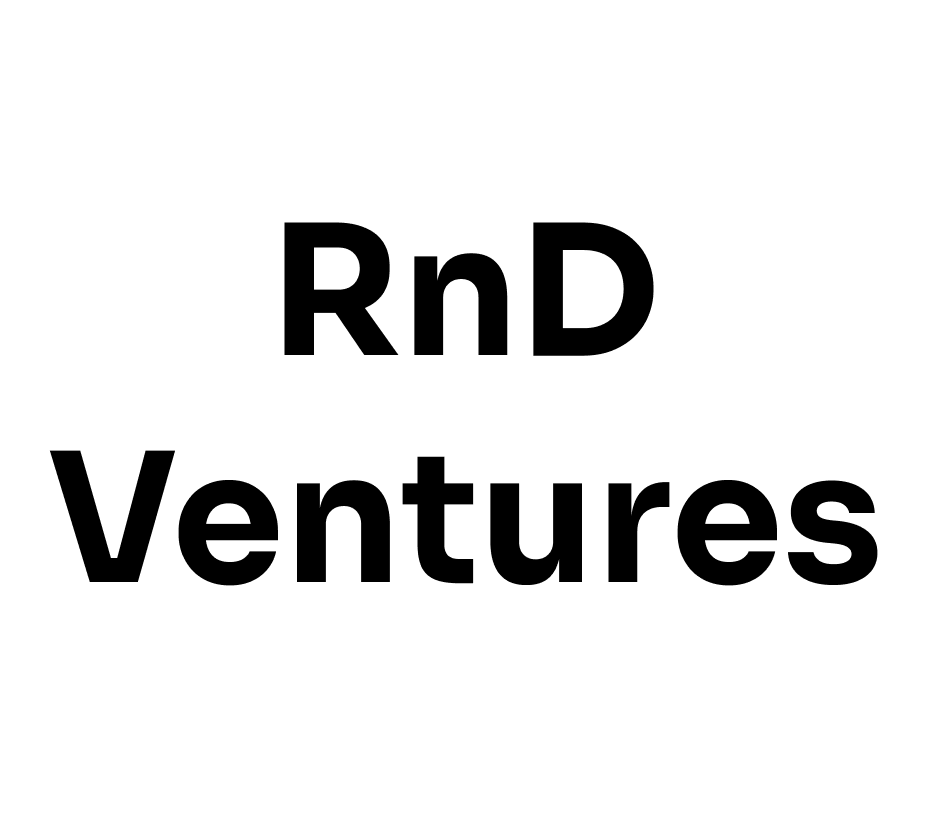RnDAO Talks Ep 41 | James Priest

In Episode 41 of RnDAO Talks, we were joined by James Priest, co-founder and Learning Facilitator at the Sociocracy 3.0 Academy. The conversation centered on patterns for distributing work and fostering collaboration in teams, drawing on insights from Sociocracy 3.0 (S3).
Watch this talk on YouTube or listen to the podcast on your favorite app.
An Introduction to Sociocracy 3.0
James began by outlining the origins and purpose of Sociocracy 3.0, developed in collaboration with Bernhard Bockelbrink and Liliana David. S3 is not a rigid framework but a collection of human behavior patterns—tools that organizations can adapt based on their unique contexts. These patterns help teams navigate complexity, improve decision-making, and maintain coherence while empowering individuals to create value.
The focus of S3 lies in fostering intentional collaboration and learning through actionable processes such as consent-based decision-making, domain clarity, and peer feedback. These methods emphasize adaptability and aim to reduce the inefficiencies of traditional hierarchical systems.
Key Themes Explored
1. Habitual Behavior and Change:
James highlighted the role of habitual behaviors in organizations, noting that while habits are essential for efficiency, they often hinder adaptability. Teams must balance routine practices with openness to experimentation, especially when current approaches fall short. He stressed the need for courage and effort to break out of ineffective cycles and foster new habits.
2. Reducing Dependencies:
Reducing unnecessary dependencies in organizational systems empowers individuals and teams to operate autonomously. James shared examples of organizations transitioning from traditional hierarchical models to distributed systems, such as “bottom arche” structures. He emphasized the importance of clearly defining domains of responsibility and decision-making authority.
3. Consent Decision-Making:
James introduced the principle of consent decision-making as a practical alternative to consensus. Unlike consensus, which often requires exhaustive agreement, consent focuses on identifying and addressing objections. Objections are viewed as valuable insights that can help refine decisions and avoid risks, fostering a more inclusive and effective decision-making process.
Real-World Application
He shared a case study of a manufacturing company in Russia that transitioned to a bottom-up governance model. By delegating responsibilities and allowing teams to manage their profit and loss, the company achieved a 65% increase in revenue and a 670% rise in profitability over four years. This transformation demonstrated the power of distributed authority and structured collaboration.
Challenges and Opportunities
The discussion also acknowledged challenges such as cultural resistance to speaking up and the complexity of scaling collaborative systems. James emphasized the role of digital tools in supporting asynchronous collaboration, while advocating for synchronous moments to address objections and refine strategies.
Closing Thoughts
James Priest's insights offer practical guidance for organizations navigating the complexities of distributed work. By adopting patterns that align with their context, teams can enhance collaboration, adapt to challenges, and create systems that are both resilient and dynamic.
As we continue to explore the intersection of collaboration, technology, and innovation, stay tuned for more insights and discussions from leading experts in the RnDAO Talks series.
